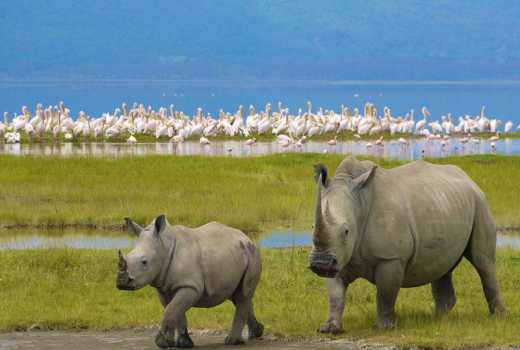×
The Standard e-Paper
Join Thousands Daily

A proposed law meant to radically change the energy sector is already courting controversy barely days after sailing through the second reading in Parliament. It faces stiff opposition, especially from environmentalists.
Pundits say the Energy Bill, 2017 holds little regard for environmental protection, noting that if passed into law in its current form, it would create a leeway for rogue investors in the sector to destroy the environment.